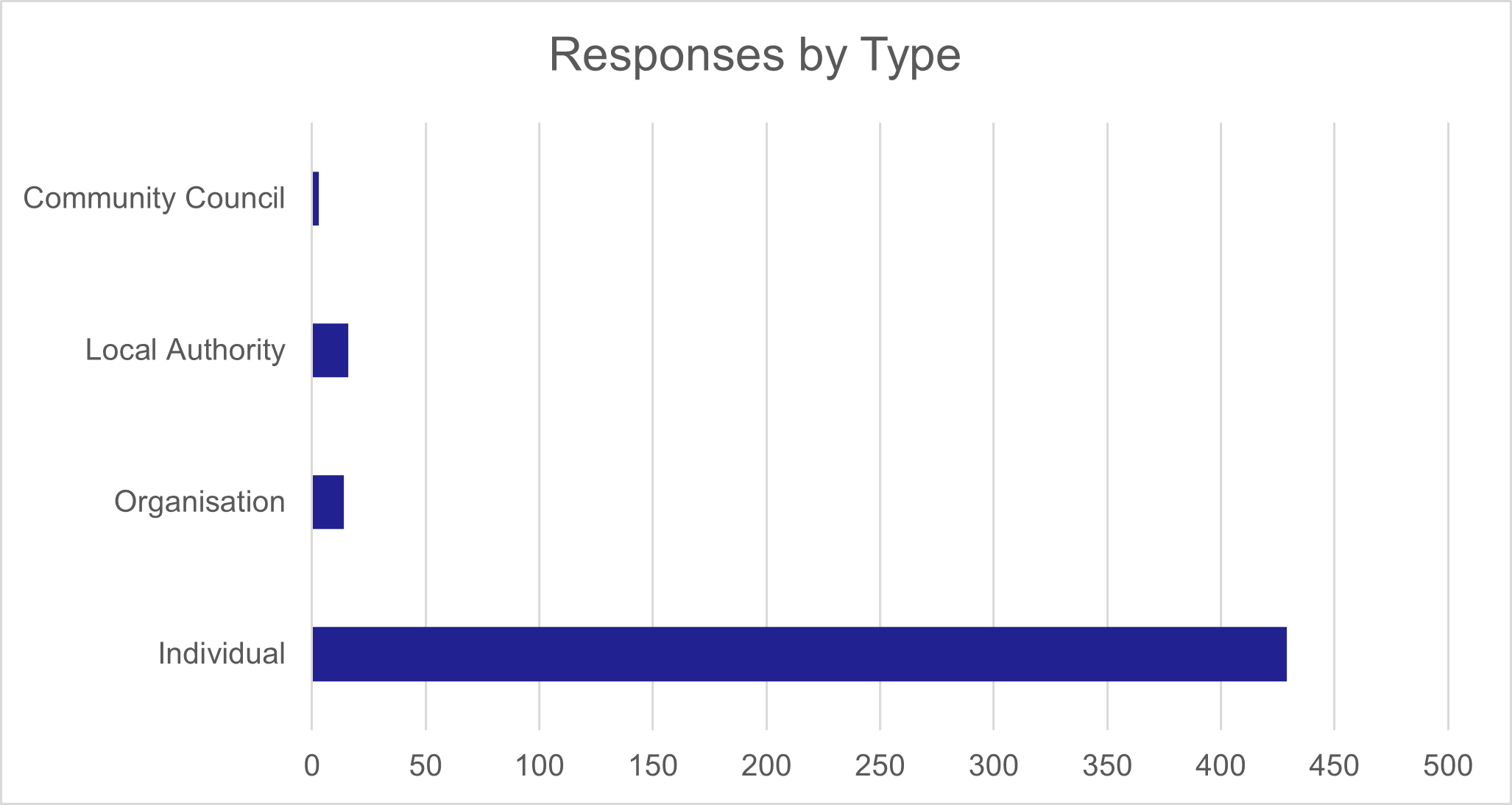Introduction
Transport Scotland has undertaken an analysis of the responses to the public consultation on the proposed content of the Enforcement Regulations which was published on 2 June 2023. It sought views from stakeholders and interested parties on our proposals for the procedure for local authorities to follow when enforcing the new parking prohibitions.
Background
The Scottish Government has been working to improve parking legislation in Scotland in order to tackle the impact of inconsiderate and obstructive parking and ensure that our roads and pavements are accessible for all.
As part of this work, the Transport (Scotland) Act 2019 bans pavement parking, double parking and parking at dropped kerbs, and gives local authorities the relevant powers to enforce these new provisions. The Act also gives local authorities the power to exempt footways from the pavement parking prohibition in certain circumstances and in accordance with Ministerial directions. To support these provisions, a suite of secondary legislation is required to bring the new legislation into force. These give local authorities the tools they need to be able to tackle the issues of inconsiderate and obstructive parking.
The Consultation
The consultation was designed to gather the views of stakeholders and individuals to help inform the Scottish Government’s policy in relation to the Enforcement Regulations.
Thirteen questions were posed in total. The questions focused on the process of issuing and paying a Penalty Charge Notice (PCN), reviews and appeals, the manner in which a PCN may be enforced and the steps that may be taken following cancellation of a PCN.
The questions also sought views on the amount that may be imposed as a penalty charge, and provision for discounts and charge certificates as well as the keeping and publication of accounts by local authorities.
The consultation period ran from 2 June 2023 to 28 July 2023 and was published on both Transport Scotland’s website and the Scottish Government’s Citizen Space website. Interested parties could submit responses online, by email or by post.
Overview of Responses
The final number of responses received was 462. Of these, 16 were submitted by local authorities and 3 by Community Councils. 14 other respondents also identified their organisation, and 429 were listed as individuals.

Analysis of Responses
The consultation was hosted on Citizen Space opening on 2 June 2023 and closing on 28 July 2023. Responses could be submitted directly from the Citizen Space website, via email and post. Some 462 responses were received via Citizen Space. A number of emails were received in relation to the consultation however they did not fill out the appropriate consultation questions and disclosure form therefore we are unable to accept them as a consultation response. Such responses will however be considered when Ministers consider the corresponding regulations. No responses were received via post.
Respondents were not required to answer every question and typically answered the questions that interested them or they felt informed to answer. As such the total number of respondents varies for each question. All of the questions incorporated a ‘closed’ agree or disagree response although all gave respondents an opportunity to provide a written comment if they wished.
Of the 462 responses, 104 (23%) were happy for their responses to be published. A further 315 (68%), were happy for their responses to be published, but did not want their name and/or organisation to be attributed to the response. Where this is the case these responses have been included in the overall analysis but the response has been anonymised prior to being published by Transport Scotland. Any comments or quotes made within this report have been included in a way which maintains their anonymity. 43 respondents (9%) did not give permission for their responses to be published.